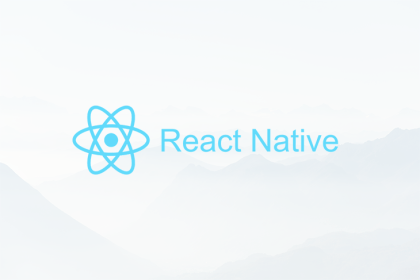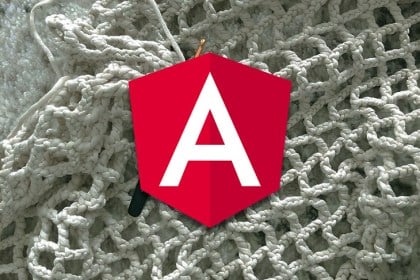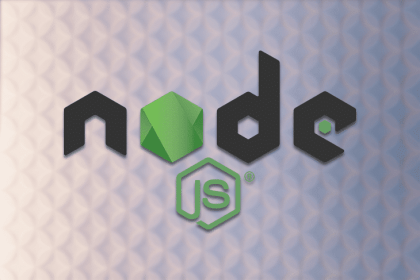
This tutorial demonstrates how to customize the AppBar in a Flutter app by walking through some practical examples.

Evaluate the top frameworks available for building mobile applications with Vue.js and compare the strengths and weaknesses of each.

Split panes are a constant part of a developer’s life. Here, you can learn how to create a split pane component in React from scratch.

Learn how to set up automated testing in Flutter apps and how to write each type of automation test with examples.

Learn about Gridsome, a Jamstack framework for Vue.js. This SSG has all the speed and efficiency you need to build modern, efficient websites and apps.

This tutorial will guide you on how to implement in-app purchases in React Native, which will allow your mobile app to receive user payments.

Extend the shipped React Native toolbox with sophisticated utilities for debugging encrypted network traffic.

Explore the five ECMAScript feature proposals currently under final approval and discover how they can improve your JavaScript application.

Learn about using lifecycle hooks in Angular to gain more control over the functionality of your application.

By following these techniques, you can drastically reduce layout shifts in Next.js apps, which help maintain good SEO and UX.

Learn how to use Node.js and SendGrid, the industry leader in the transactional email space, to send an order confirmation email to customers.

Learn what’s new in the latest version of Relay right here, where we explore v11 and how to create reliable React and GraphQL applications.